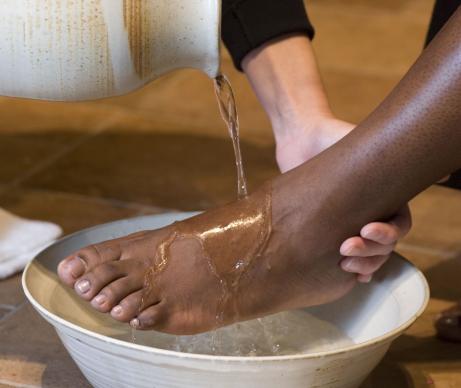The Five Temperament Model
Understanding temperament can be very complex. I consider myself a trustworthy expert on this subject now, but when I was initially trying to wrap my mind around it, the information and concepts became almost overwhelming. Don’t allow that to happen to you, ok? We’re not studying for a PhD here. Our objective is simply to consider how our God-given, inborn temperament combination played a major part in not only how we experienced childhood shame, but also how we’ve responded and adapted to it in our adult life. Further, we’ll learn the basics of how two individuals with two different temperament combinations can have two radically different responses to the very same environment.

The four-type model was never challenged until nearly a half-century ago when Drs. Arno carried out extensive research for the purpose of creating an assessment instrument that could be effectively used in the Christian counseling environment. In so doing, they supplanted the traditional assessment models with two landmark discoveries:
- All previous assessment theories had apparently developed their assumptions based upon traditional, secular understandings of human nature and behavior existing within a fallen world. In stark contrast, Drs. Arno constructed their assessment tool based upon the manifold nature of Jesus Christ, illuminating teachings and principles of the Bible. These two premises are vastly different.
- From this Bible-based perspective, it became apparent to Drs. Arno that a critical piece of the identity matrix was missing: the humble, meek, submissive, self-sacrificing nature of Jesus himself. He described this in the Beatitudes, recorded in Matthew 5:3-12. Where secular science could not consider the nature of an individual with these temperament traits as being whole, let alone desirable, our Christ-centered worldview affirms this description as a reflection of the very One who lovingly gave His life on the cross for us, that we might fully know Him.
The Arno’s two groundbreaking findings led to the introduction of the fifth temperament – the Supine* – into the ancient 4-type model that many assumed would never be redefined.
The Five Temperaments
The result of the Arnos’ tireless work birthed an entirely new paradigm from which to consider the God-given, inborn nature of human beings. Where there had long been four types, there were now five. For those of us who may have encountered a 4-type assessment somewhere in our past, it’s important to use caution in allowing those perspectives to overlay the profoundness of the innovative five-type APS model.
The names that Drs. Arno assigned to each of the five temperaments within the Arno Profile System are as follows: Melancholy, Choleric, Sanguine, Supine*, and Phlegmatic. As we’ve come to understand earlier in this chapter, each of these five temperament types is identified by an extensive set of inborn needs, strengths, and weaknesses. In my experience with literally thousands of clients and students who have completed the APS questionnaire, each of the five temperaments has one primary need (specific to that temperament type) that governs all of the other needs within that type. If this principal need goes unmet, or is met in unhealthy or ungodly ways, the person with this temperament type will predictably experience stress, anxiousness, and insecurity. Universally, individuals of all temperament types and combinations make choices – often unknowingly – that allow us to dodge the pain and insecurity of unmet needs.
Melancholy
Need: Appear competent
Avoid: Rejection
Choleric
Need: Control
Avoid: Failure
Sanguine
Need: Approval
Avoid: Absence of approval
Supine
Need: Acceptance or inclusion
Avoid: Exclusion or abandonment
Phlegmatic
Need: Protect energy
Avoid: Over-obligation of energy
——-
Soul health and spiritual maturity cannot be separated. Our counselors are ordained Christian ministers as well as certified and licensed Christian counselors. We are able to help you experience freedom from shame, anxiety, depression, or marriage / relationship conflict with methods that are purely Christ-centered. Please click on this link to learn much more about how our CHRISTIAN COUNSELING an help you become a more authentic follower of Christ, and help you find freedom from identity dependence.
Life Training offers convenient sessions at our office in Louisville, Kentucky, as well as online counseling via Zoom or FaceTime. Our non-profit counseling practice has an outstanding track record for over a decade helping men and women, individuals and couples who are ready to move beyond anxiety, depression, and conflicts in marriage or other relationships find hope and healing in their lives. Contact us today at 502-717-5433, or by email at drdave@lifetrainingcounseling.org
